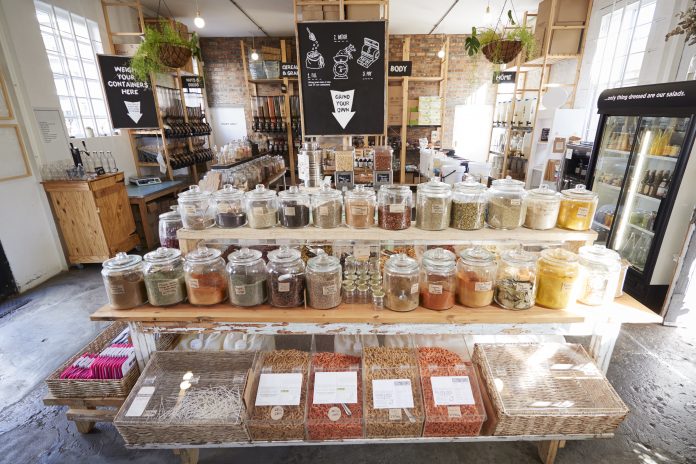Six in ten (62%) European consumers say they would be willing to put their money where their mouth is and pay more for food products that contain less plastic packaging
When offered a choice between two packaging options for the same quality of product, a huge majority across Europe – nine in ten respondents (91.5%) – said they would choose the packaging with 85% less plastic.
When asked if they would pay a 12½% premium for this reduced-plastic packaging option, 62% of respondents said they were willing to do so. 59% say they sort and recycle more than they did five years ago.
These are just some of the results emerging from new research from DS Smith, published today. The findings are the outcome of a specially-commissioned survey of 3,395 respondents across DS Smith’s key markets of Belgium, Germany, Poland and the United Kingdom that took place in July 2019 which sought to understand consumers’ attitudes and habits on packaging, recycling and waste management.
Respondents in Belgium were most price-sensitive, where just over half (54%) said they’d be willing to pay more, whereas Poles were most willing (72%) to pay for less plastic in their packaging. The British and Germans were closer to the European average, with 60 and 63% respectively saying they’d pay more.
Plastic packaging: Europe’s bête noire
An overwhelming majority of those surveyed – 86% – say that environmental issues are the major concern facing society today, with packaging a major worry for consumers right across Europe, from Cardiff to Krakow. The Germans express most angst around packaging (83%), followed by the Brits (78%), Belgians (73%) and Poles (71%).
In terms of packaging itself, plastic clearly emerges at the bête noire across Europe, cited by an average of seven in ten respondents – way more than the next most concerning issue, coffee capsules, mentioned by 6%. Metal packaging (aluminium cans and trays, etc) was a concern for 5% of respondents, and waterproof-coated packaging for liquids like milk and fruit juices for 4% of respondents.
On the other end of the scale, the packaging option of least concern for Europeans is packaging cartons – cited by just 1% of respondents across the four countries.
But the good news is that the survey also reveals that Europeans’ recycling habits have improved significantly. An average of six in ten (59%) respondents across the four markets surveyed say they sort and recycle more now than they did five years ago. This represents a majority of respondents in all countries – with those in the UK leading the way (64%).
This could be because those in the UK say they both feel better informed about and pay more attention to recycling. The survey revealed media coverage and the removal of plastic bags in shops as the two main drivers for consumers’ awareness of the issues around packaging Europe, which were cited by 30% and 24% of Britons respectively. Fully two-thirds of Britons (66%) say that they both feel sufficiently informed of the recyclability of food packaging, and look at the presence of recycled materials in packaging when shopping for food.
Commenting on the survey findings Chris Murray, Managing Director of DS Smith Packaging UK said:
“Excessive packaging and plastic packaging are a real worry for Europe’s consumers – so much so that they’re now willing to pay for less plastic in their packaging. Europeans have really upped their game and are sorting and recycling more than just five years ago. It’s also very encouraging that they rightly understand that carton packaging is of much less concern: it’s a sustainable packaging alternative to plastic, and hugely recyclable.
“For the sake of our planet we need to create a truly circular economy where packaging is reduced to the minimum necessary, and consumer goods packaging is increasingly made from and with recyclable and recycled materials like cardboard and carton.”











